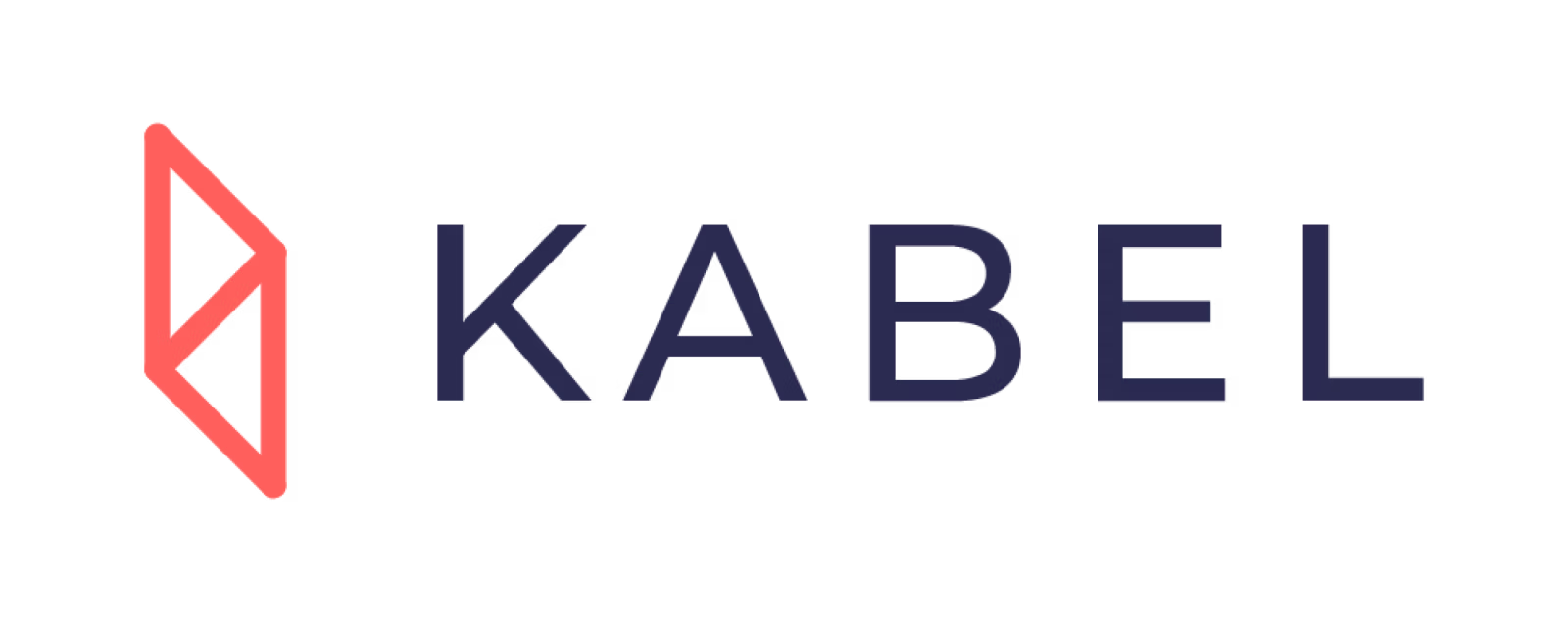Learn How Skills-Based Hiring Actually Works
It’s easy to agree that “skills matter more than degrees.”
But what does that look like in real hiring decisions?
Skills-based hiring isn’t about ignoring education. It’s about measuring what truly drives performance:
skills, learning agility, and problem-solving.
Here’s how companies are doing it.
1. Define the Skills That Matter Most
Every role has “core deliverables.”
Instead of starting with qualifications (“Degree in Marketing”), start with skills linked to outcomes (“Can plan and run a paid campaign with RM2,000 budget”).
Companies identify 3 categories:
- Core skills – technical or functional (e.g. analytics, writing, coding)
- Soft skills – communication, teamwork, problem-solving
- Adaptive skills – learning agility, curiosity, grit
This creates a clearer hiring benchmark than a job title ever could.
2. Assess What Candidates Can Do, Not Just What They Say
Instead of CV screening, companies now use evidence-based signals such as:
- Short skills challenges or case tasks (e.g. “Build a simple dashboard”)
- STAR stories showing how they solved real problems
- Hackathon or project results showing initiative and creativity
This helps reveal how someone thinks and adapts — not just what they memorised.
3. Match by Skill Signals, Not Keywords
Platforms like Kabel analyse candidates’ skills, motivation, and culture indicators.
Our AI-powered matching engine surfaces candidates who can:
- Apply relevant skills to your company’s context
- Learn and adapt to new tools quickly
- Fit your team’s way of working
Hiring managers then see a shortlist of candidates who can deliver from day one, even if their degrees look unconventional.
4. Interview for Agility and Problem-Solving
Instead of “Tell me about your last job,” the focus shifts to:
“How did you learn something new to solve a problem?”
“What did you do when the plan didn’t work?”
This helps companies identify growth mindset — the single biggest predictor of long-term success.
5. Track Results and Build a Skills-First Culture
Skills-based hiring doesn’t end at selection.
Companies track how new hires perform in their first 90 days to refine which skills correlate with success.
Over time, this data builds a skills intelligence loop — helping teams hire, train, and promote more effectively.
What Companies Are Seeing
Companies that implement skills-based processes report:
- 3× faster candidate screening
- 2× improvement in role fit
- Higher retention for fresh graduate hires
Because they no longer guess, they hire based on evidence.
The Bottom Line
Hiring by degree was built for a stable world.
Hiring by skills is built for a changing one.
Companies that master it don’t just fill roles, they build agile teams ready for what’s next.
Next Step
See how Kabel helps companies identify, assess, and match skills — from fresh graduates to digital-ready interns.
Explore Kabel’s Skills-Based Hiring Platform →






